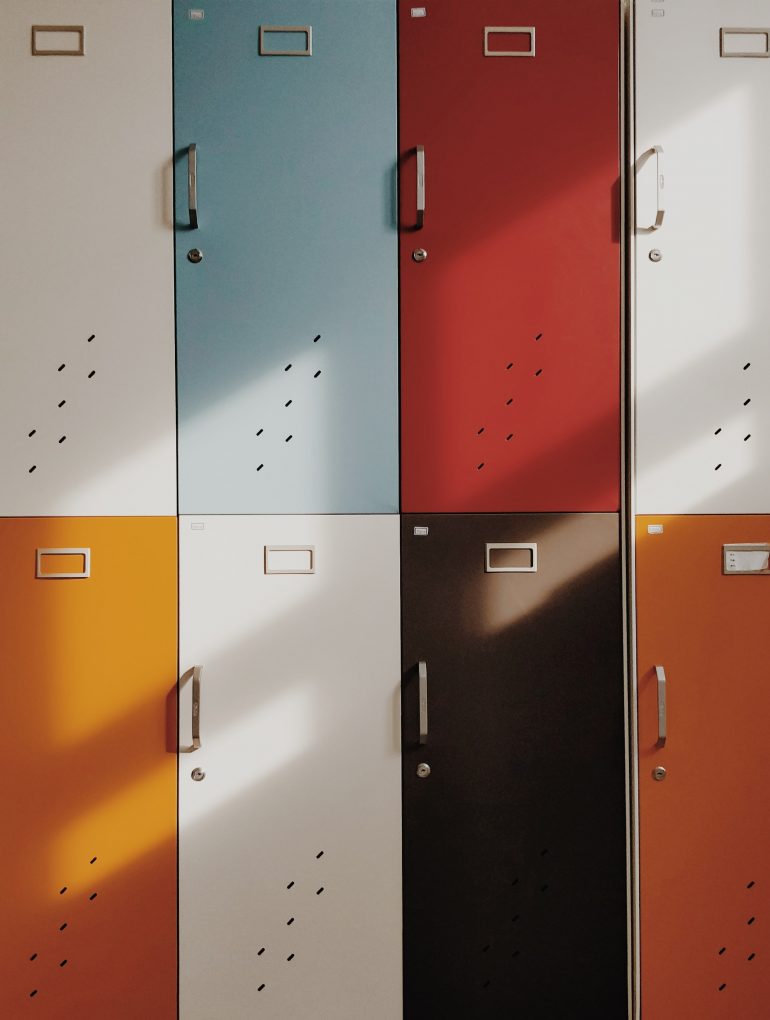Zoom fatigue is kicking in. When a professor asked an online class how everyone was doing, my sister, who’s in her senior year of CEGEP, unmuted her mic and bluntly said: “Bad. It’s going badly. I’m overwhelmed and stressed. It’s just too hard.”
The class awkwardly laughed.
My sister is 5 years younger than me. Though we are in different stages of our education, we find comfort in knowing that we share similar struggles in these confusing times.
For my doctoral studies, I moved in steps away from campus with another graduate student from my Québec hometown. It has been about 2 months now and we both have yet to step foot inside the lab. My roommate, a biochemist, joked that he should learn computer programming. As lab hours are scarce, we spend most of our days in front of a screen. Why not make the most out of it? He is currently taking a course in metabolic modelling, and I took this opportunity to delve into the world of computational genomics. Amid the current state of the world, there are a few silver linings to starting a PhD in a pandemic.
Get courses out of the way
It seems like a no-brainer. As all courses are online (for the foreseeable future), the extra time at home can be used to complete course requirements or learn a new skill. I am currently taking a biostatistics course which is teaching me how to design a statistically powered experiment and analyze the subsequent data. Like my roommate, one might also consider learning python or MATLAB, as machine learning applications and mathematical modelling are increasingly being used to understand and predict biological phenomena.
Attend online seminars
One of my favourite things to do in my undergraduate years was to sneak into seminars, grab a free coffee and listen to awesome talks for an hour. While we won’t see free pizza or those Medicine by Design sandwiches on campus anytime soon, there are many online talks that can quench your thirst for knowledge. Here are a few seminar series that I’ve enjoyed so far:
- Biochemistry UofT
- Medicine by Design Global Speaker Series
- Columbia BME Webinar Series
- Terasaki Institute Talks
- Harvard University Bioengineering Seminar Series
While this is far from a comprehensive list, Twitter is a great place to learn about talks that might be more relevant to your interests.
Engage in social activities online
The hardest change that this pandemic has brought in my life is the lack of human interaction. Research shows that graduate students are more likely to suffer from anxiety and depression, so connecting with my peers remotely has been helpful to keep the stress levels low. As all meetings are online, my lab has organised weekly virtual coffee chats to take a breather and catch up. My roommate also plays video games with his labmates.
Break the stress cycle
The pandemic has undeniably made things harder for everyone. I took the down-time as an opportunity to reflect on my unhealthy pre-pandemic habits. In the process, at age 23, I learned about the stress cycle for the first time after my mom shared a podcast with me. Learning how to close the stress loop has been a game-changer for me, and it was a much needed reminder that I am, first and foremost, an emotional being that appears to think.
Though I miss being in the lab, these few tips have made the start of my PhD a rather enjoyable experience. As we continue to adapt to this new normal, I am a firm believer that this moment of reflection will help change the graduate school experience for the better.
Enjoyed this story? Connect with Julien if you’d like to share your experience being in graduate school in the pandemic. Do you have a fresh perspective about Biomedical Engineering? Consider becoming a contributor and submit your entry to comm.bme@utoronto.ca.


